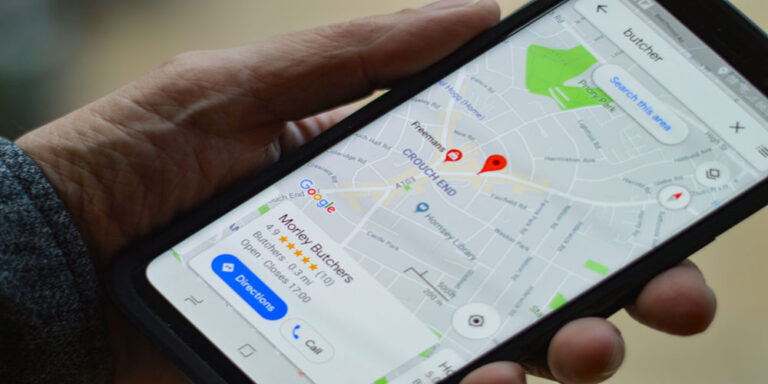
Google Asked to Remove 100 million ‘Piracy’ Links in 2013
Google has received requests to remove more than 100 million links since January 2013 for web pages deemed to be in breach of copyright laws. That is double the number it received for the whole of 2012 and a sign that publishers are stepping up their battle against internet piracy.
Copyright holders send millions of “takedown” requests to Google every week in an attempt to make pirated material harder to access online. But critics say the approach is wrong.
“As soon as you take down one page another pops up in its place,” says Mark Mulligan, a technology analyst at Midia Consulting. “It’s like playing Whac-a-Mole.” “This is because file sharing has become very decentralised – there’s no central server you can just shut down.”
Ernesto van der Sar, editor of Torrentfreak.com, a news site about file sharing, says: “This increase in requests is more about publishers putting pressure on Google to do more to tackle piracy. If people want to pirate they can always find a way to do so.”
Many of the takedown requests made under the Digital Millennium Copyright Act (DMCA) and other national copyright laws are generated by third parties, or reporting organisations, on behalf of copyright holders.
Google began publishing all such requests in its Transparency Report in 2012 and since then the number has risen sharply, as rights holders have made greater use of the reporting system. In the past month alone Google received requests to take down nearly 14 million links from its search results, relating to 3,200 copyright owners.
One digital content protection specialist, Degban, makes requests for about 300,000 link removals per week on behalf of clients and has asked for nearly 31 million web pages, or URLs, to be removed from Google’s results so far, reports the search firm.
The website domains concerned are almost entirely person-to-person file-sharing services, such as Fenopy.eu, extratorrent.com, torrenthound.com, filestube.com and bittorrent.com. More than half of Degban’s URL requests were made on behalf of Froytal Services, a pornography producer, giving an indication of the kind of content people are sharing online.
But other major copyright owners making the most takedown requests included the BPI (British Recorded Music Industry) and its member companies, the Recording Industry Association of America, and various film studios, such as Warner Brothers. A spokesperson for the BPI told the BBC: “BPI removes around one million links every week to music hosted on the internet without the artist’s knowledge or permission. “This process is one of many initiatives undertaken by the industry to help to create breathing space for more than 70 legal music services in the UK that strive to promote and reward musicians.”
There are concerns that some of these takedown requests may not be accurate.
For example, Microsoft recently asked by mistake for links to its own sites to be deleted. The embarrassing request was made on Microsoft’s behalf by LeakID, an anti-piracy specialist, according to Torrentfreak.com.Google spotted the mistake and did not delete the links, but confirmed to the BBC that almost all takedown requests it receives are acted upon.
“Mistakes are made as most of this activity is automated”, says Mr Van Der Sar, “but Google is pretty good at filtering them out.”
Neither Microsoft nor LeakID would comment on the mistake.
Last week, a UK court ordered British internet service providers to block access to EZTV and YIFY Torrents after they were found to be conducting internet piracy on a “mass scale”. The action was brought by the Federation Against Copyright Theft (Fact) and the Motion Picture Association (MPA). A growing number of sites accused of aiding piracy are now blocked to UK web users, including the Pirate Bay, Kickass Torrents, H33T, Fenopy, Movie2K and Download4All. In addition, the Premier League has won a block on football streaming site FirstRow1.eu.






